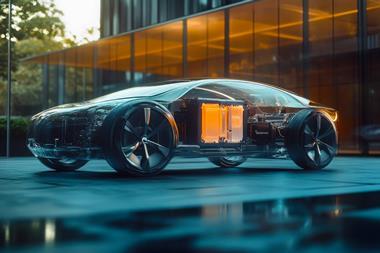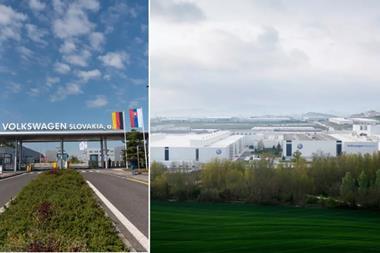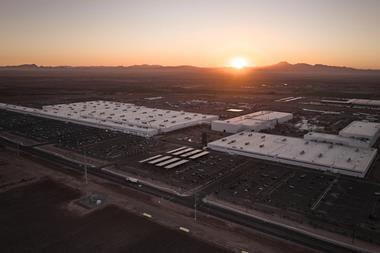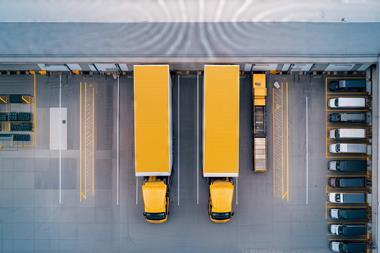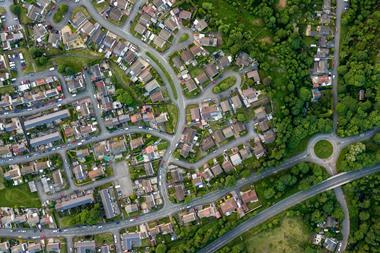
Thailand - The German OEM has announced that it will spend €100m (US$123.74m) with its partner Thonburi Automotive Assembly Plant (TAAP) to expand its existing car plant in Bangkok and to construct a new battery assembly facility at the same site. The latter will start operating at the beginning of 2019, and will help Mercedes-Benz to keep up with "growing demand for electric mobility in the region".
"With the expansion of our plant and the future production of batteries here at the Bangkok site, we are once again intensifying our cooperation with TAAP and preparing ourselves for the future of mobility," commented Andreas Lettner, CEO of Mercedes-Benz Manufacturing Thailand. "This is also a great opportunity for our employees, who will be trained for their new, highly qualified tasks in order to be optimally prepared for future state-of-the art technologies.”
Data from the Thailand Land Transport Department shows that there are over 100,000 hybrid electric vehicles (HEVs) and around 1,400 battery electric vehicles (BEVs) on the country's roads. Sales of HEVs and PHEVs rose by 24.7% during 2017 to 11,945 units, but just 165 BEVs were sold.
Michael Grewe, president and CEO of Mercedes-Benz Thailand is confident that demand in the near future will grow significantly: "The current investment reflects our confidence in the potential of Thailand’s passenger car market, especially for PHEV models. Our current portfolio is extremely popular with our customers and we are pleased to continue offering a broad portfolio of locally produced vehicles in future."
Other companies have also been looking at investing in EV production facilities across Thailand. According to a recent article in the Financial Times, Nissan has been in discussion with the country's government in regards to battery production. Authorities have also reportedly granted Toyota Motor Thailand with permission to produce 70,000 HEVs and 70,000 batteries for EVs in the country.





























